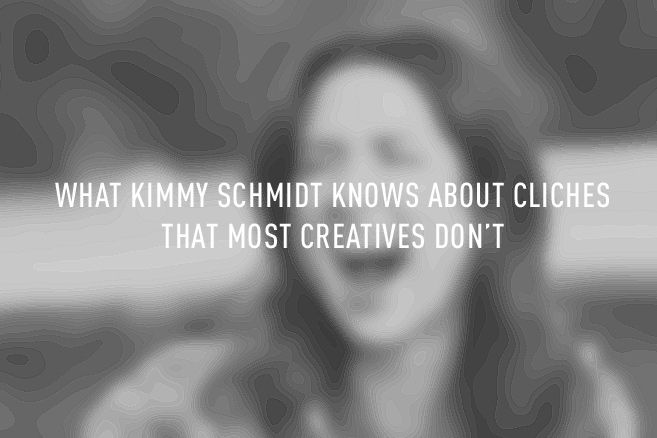I just polished off The Unbreakable Kimmy Schmidt last Friday. Not quite binge-watching, but when you have two kids, you can only go through things so fast.
That’s how the world has changed. It used to be, you watched a show once a week. Now, watching a season in about a week is nothing.
Kimmy Schmidt is a show for our times. Not only delivered instantly, but unrelenting. The references and gags fly fast and furious, as your mind races to catch up. It never does. Between Ellie Kemper’s pitch-perfect performance and Tina Fey’s break-neck pace, it just keeps going, going, going.
And that’s how the world has changed, too. Everything keeps going, going, going, burning through the burn rate. You don’t break orbit. You just stay ahead of gravity.
The magic of photography isn’t the preservation. I’m sorry. It’s just not. Preservation, at least without clarification, is a cliche of the highest magnitude, and it comes at too high a cost. To the viewer. To the creator. To the soul.
It’s a cop out that fails to answer the harder questions that separate good photography from bad. It fails to tell us what you or anything else is about. Just about every picture preserves something. So what? A good picture is not only a portal into another world, but a device to force people’s minds and hearts to take that journey. You have to ask what’s being preserved (a mood? a thing? an irony?), why it matters, and how to get that across. This in turn means you have to know what’s going on in the world and how to play both with and against trend and culture.
Making a good picture keeps getting all the harder. When nothing was preserved, everything mattered. Everything was fresh. But these are on-demand times. Everything is bits and bytes, and typing a few words into a box will produce more results than you’ll know what to do with. That’s the irony. We’ve created a society where finding answers is so easy, the answers have lost their value. It used to be that answers were insight. Now questions are insight.
Before Gutenberg created the printing press, a bible was a book for royalty, each one written out by hand. Knowledge came at a steep cost. In the 1840’s, a wallet-size daguerreotype cost in the area of a $100 (inflation adjusted). Getting better, but information still wasn’t exactly prime time. Now, information, image, and knowledge cost nothing. Hell, you can work your way through MIT’s curriculum online for free. The fresh and novel become cliches in minutes, days, and weeks instead of years and decades.
And what’s wrong with cliches? Cliches kill the imagination and rob us of the opportunity to engage with the past in a personal and intimate manner. They tell the mind to think of the cliche instead of the content itself.
When you see a couple dipping on the beach at sunset with fill flash, you can’t not think “wedding photography.” What you likely don’t see is an authentic gesture and moment. And while unlikely in this particular case, it’s fully possible to neuter true moments by showing them in a manner that is simply too familiar and too common. Clliches tell us more about the creator than the subject. It’s a little like those movies that seem so inauthentic, you’re sure the only place the screenwriter ever experienced those emotions was while watching other movies.
If you haven’t seen Kimmy Schmidt, I won’t ruin it for you, but I’ll say on paper, the dolphin gag (as one of many possible examples, shouldn’t work), but it does. It’s ridiculous. Which is the point. When a show moves with this type of speed, it makes high order of low comedy. It is constantly fresh, even when it’s not. It may not hit all the marks, but it owns its comedy, and that’s exactly what we all need to do.
Living isn’t just moving through change, but reacting to it. The power of knowledge is as much that it tells you what not to do, as what to do. How would you travel the road less travelled if you didn’t know what the road more travelled was? And in the modern day, it’s an occupation of constant going, going, going. Fresh doesn’t have to be big, brilliant, and massive. It doesn’t have to be cutting-edge nor can it not be classic. It just has to be specific to the thing in front of you. A well-worn technique in a fresh context is often enough. A new technique on an old subject can work. Personal is shifting life by one degree, but when the lure of the answer and the pressure of the style are omnipresent, that may well be the tallest order of all.

You’re right, answers are easy come, easy go nowadays. Good question could be worth hundreds of answers.
Thanks Trent!